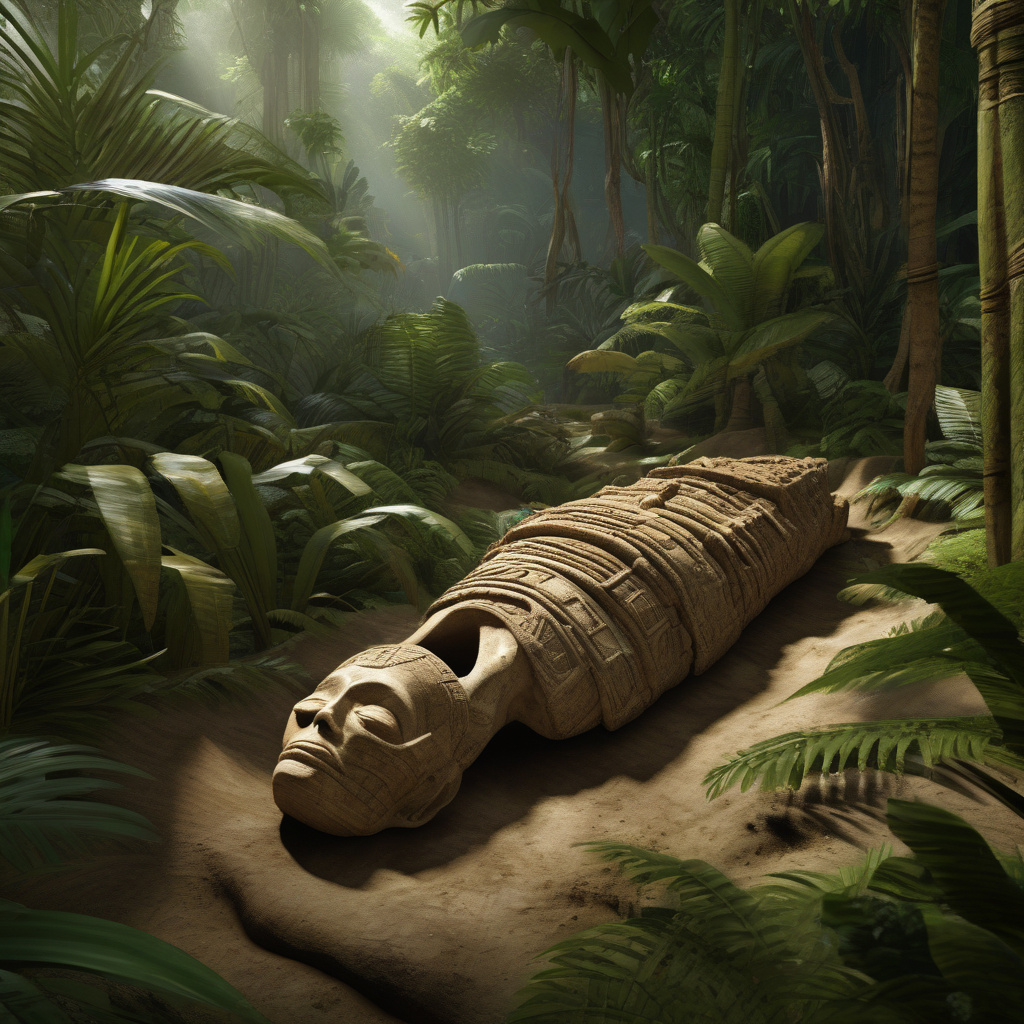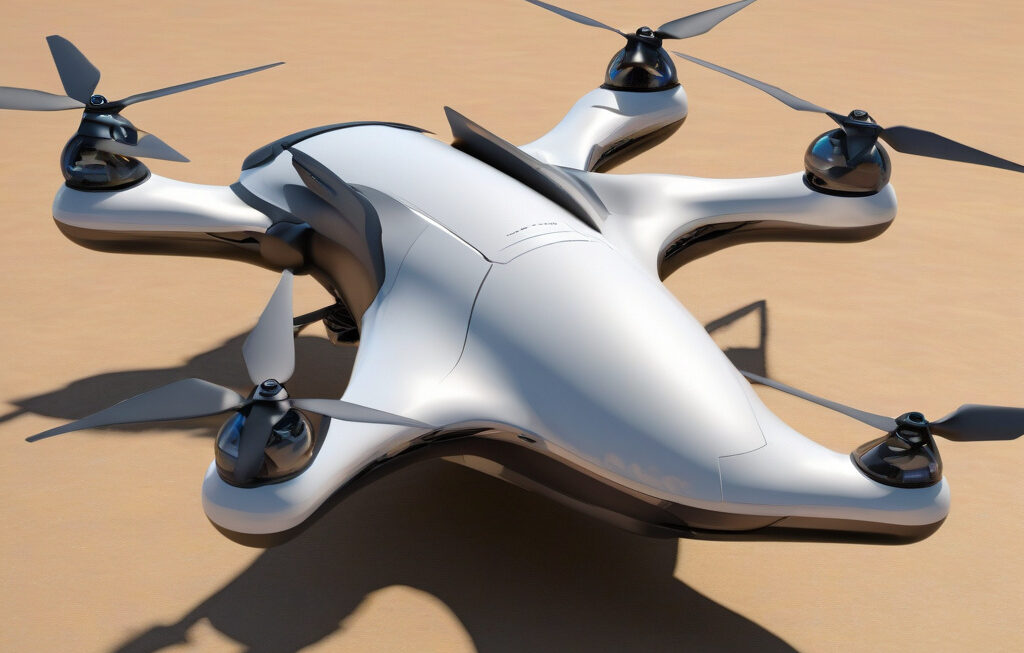World’s earliest known mummies found in Southeast Asia, dating back 14,000 years
A team of researchers reporting in the Proceedings of the National Academy of Sciences has made a groundbreaking discovery in Southeast Asia. The world’s earliest known mummies, dating back an astonishing 14,000 years, have been found in a remote cave in the Philippines. This discovery sheds new light on ancient burial practices and challenges previous beliefs about the timeline of mummification.
The mummies, which are believed to belong to a previously unknown human species, were found in the Callao Cave on the island of Luzon. The remains, dating back to the Late Pleistocene period, were preserved using a unique and sophisticated burial process. The bodies were placed in a fetal position before being covered in red ochre, a natural pigment that has helped to keep the remains remarkably intact over thousands of years.
This discovery is significant not only for its age but also for its location. While mummification has long been associated with ancient Egypt and South America, the findings in Southeast Asia suggest that this practice was more widespread and diverse than previously thought. The mummies in the Callao Cave challenge the conventional narrative of mummification as a practice limited to specific cultures or regions.
Moreover, the discovery of these ancient mummies opens up new avenues for research into the history and evolution of burial practices. By studying the techniques used to preserve the bodies and the cultural significance of the burials, researchers can gain valuable insights into the beliefs and customs of early human societies in Southeast Asia.
This groundbreaking discovery also highlights the importance of preserving archaeological sites and investing in research to uncover the hidden histories of our planet. The mummies found in the Callao Cave are a testament to the rich cultural heritage of the region and the need to protect and study these invaluable artifacts.
As we continue to unravel the mysteries of our past, discoveries like the world’s earliest known mummies in Southeast Asia remind us of the complexity and diversity of human history. Each new finding adds to our understanding of the past and challenges us to rethink our assumptions about ancient civilizations and their practices.
In conclusion, the discovery of the world’s earliest known mummies in Southeast Asia is a remarkable achievement that will have a lasting impact on our understanding of ancient burial practices. By uncovering these well-preserved remains dating back 14,000 years, researchers have opened a window into the past and shed light on a previously unknown chapter of human history.
#mummies, #SoutheastAsia, #archaeology, #ancientcivilizations, #researchers












